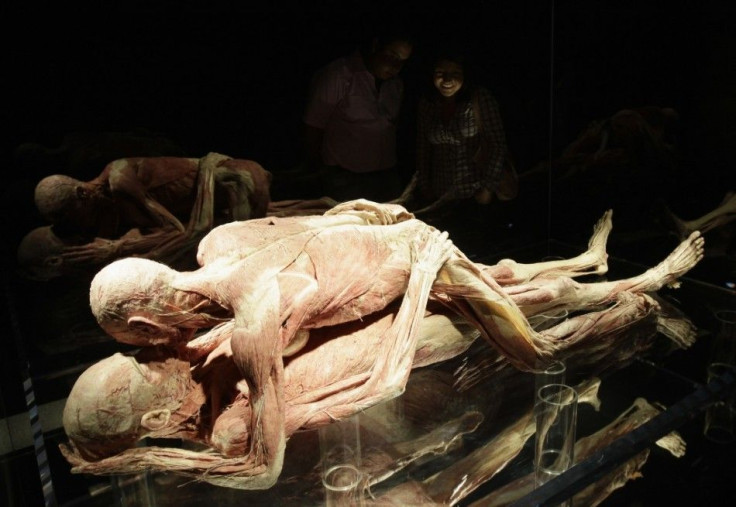Ebola Lives On In Semen Even If Already Cured, WHO Tells Survivors No Sex For 3 Months

The World Health Organisation has issued a stern warning against male Ebola survivors to abstain from having sex with their partners for three months after four research studies found the virus continue to live on in semen even its host has been cured.
The warning has prompted health officials in the most affected countries in west Africa to offer masturbation and sex guidelines for fear of further increasing the death toll numbers. Dr. Bernice Dahn, Liberia's deputy health minister, in a report by Star Africa, disclosed they have received complaints from female partners of male Ebola survivors that the latter were not "adhering to this safety rule."
The four studies investigated a total of 43 male patient Ebola survivors, WHO said. Three men were reported to shed live virus in semen 40 days, 61 days and 82 days after onset of symptoms, respectively. "Because of the potential to transmit the virus sexually during this time, they should maintain good personal hygiene after masturbation, and either abstain from sex (including oral sex) for three months after onset of symptoms, or use condoms if abstinence is not possible," WHO said in a statement on its website.
The Ebola virus can be contracted through bodily fluids such as blood, vomit, faeces, saliva, urine, tears, and vaginal and seminal fluids. The studies have proven that semen is a "potential source of infection," WHO said, and could therefore cause transmission of the virus through delivery of the infectious virus on a mucosal surface.
Star Africa, citing Dr Dahn, reported a male Ebola survivor had infected three women in Liberia. They are currently seeking treatment at the Island Clinic Ebola Treatment Unit.
At least 15 outbreaks of the Ebola Virus Disease (EVD) had occurred since it was first identified in 1976. The current outbreak in west Africa, which began in December 2013, has killed 6,928 people, according to the UN health agency. Almost all of the cases and deaths came from Guinea, Sierra Leone and Liberia. Among the three, Liberia recorded the highest number of cases and deaths. However, the rate of infection is currently slowing there. The disease meantime is now spreading fastest in Sierra Leone.
In late November, WHO reported 600 new cases across the three nations. Global scientists have yet to deliver a successful cure or vaccine to the Ebola virus.





















